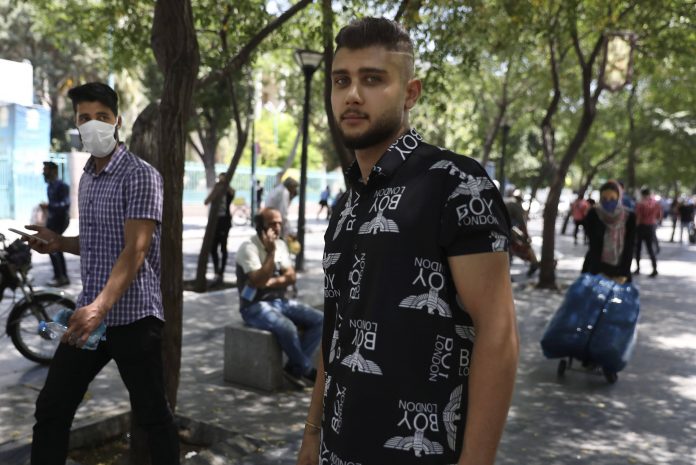
Yes, it’s possible.
The World Health Organization recently acknowledged the possibility that COVID-19 might be spread in the air under certain conditions.
Recent COVID-19 outbreaks in crowded indoor settings — restaurants, nightclubs and choir practices — suggest the virus can hang around in the air long enough to potentially infect others if social distancing measures are not strictly enforced.
Experts say the lack of ventilation in these situations is thought to have contributed to spread, and might have allowed the virus to linger in the air longer than normal.
In a report published in May, researchers found that talking produced respiratory droplets that could remain in the air in a closed environment for about eight to 14 minutes.
The WHO says those most at risk from airborne spread are doctors and nurses who perform specialized procedures such as inserting a breathing tube or putting patients on a ventilator. Medical authorities recommend the use of protective masks and other equipment when doing such procedures.
Scientists maintain it’s far less risky to be outside than indoors because virus droplets disperse in the fresh air, reducing the chances of COVID-19 transmission.



















